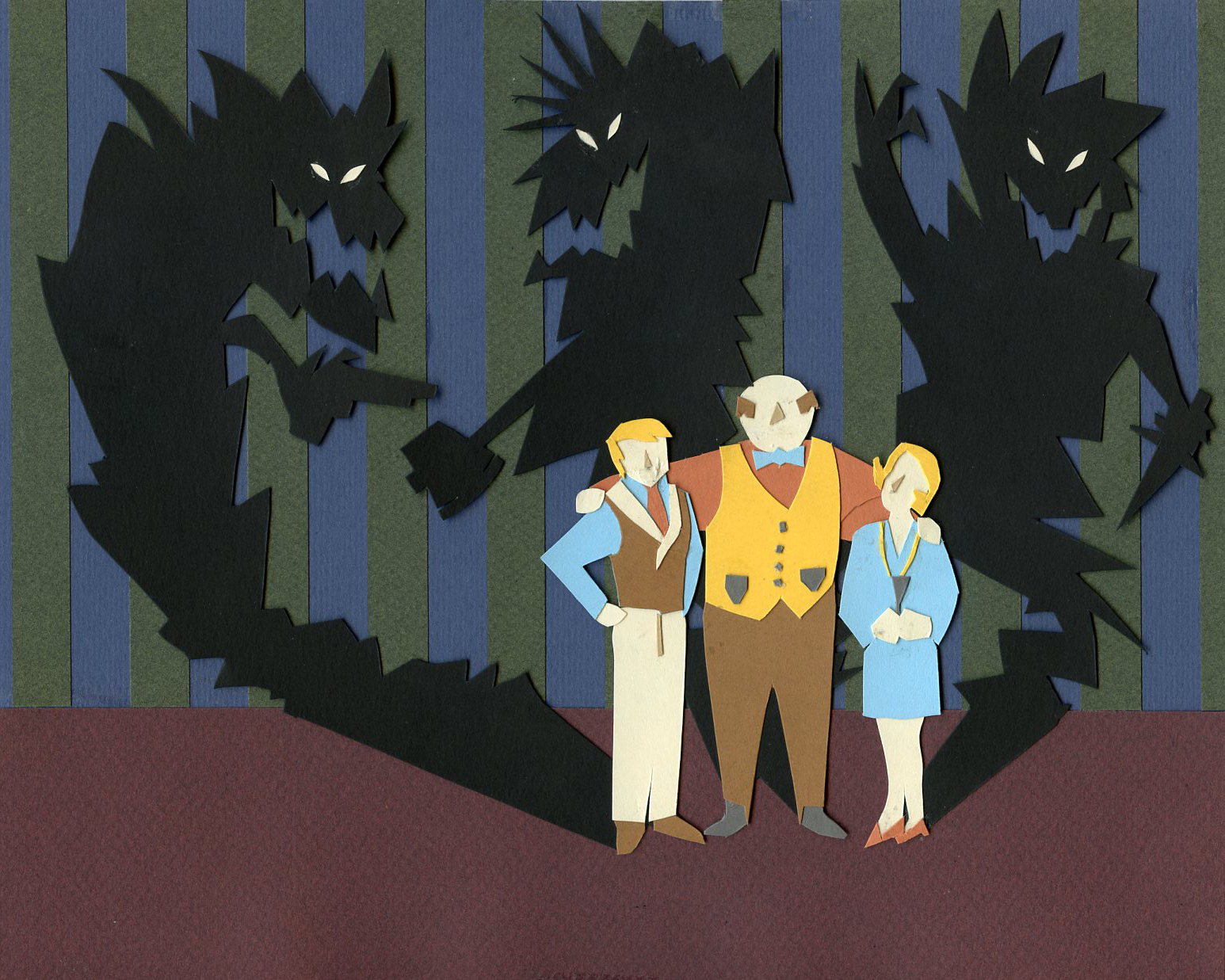Whichever Way You Go, There is a Long Hill to Climb

An illustrated review of J.P. Manchette’s Fatale1
In this abrupt and brutal crime novel,2 J.P. Manchette (1942-1995), the French author credited with reviving the genre, presents a cutting critique of petty bourgeois self-satisfaction.
Aimée Joubert is a beautiful young woman with a dark past whose cold self-control is rivaled only by her ruthless ability to manipulate and take advantage of conflict. As Aimée insinuates herself into the polite society of the French seaside town of Bléville, she begins to peel back the veneer of manners and amicable bridge parties to reveal deep‐seated rivalries, insecurities, and hatreds.
“Whichever way you go,” writes Manchette, “there is a long hill to climb before you get out of Bléville.” As Jean Echenoz writes in the afterword to the book, such sentences are “freighted with strange metaphorical ambiguities” which hint at the larger cynicism behind the novel.
The novel’s terse sentences—which read like a detective’s case notes—keep the plot moving quickly. Yet because Manchette offers so few insights into the personal motivations of his characters, the Tarantino-esque bloodbath at the end lacks the visceral punch it might otherwise have held.
In the end, Manchette draws us a rather grim portrait: we are none of us whom we appear to be.
Notes
-
Manchette, J.P. Fatale. New York: New York Review of Books, 2011. (1977) ↩
-
This review was first published in the The Portland Book Review on August 7, 2011. ↩